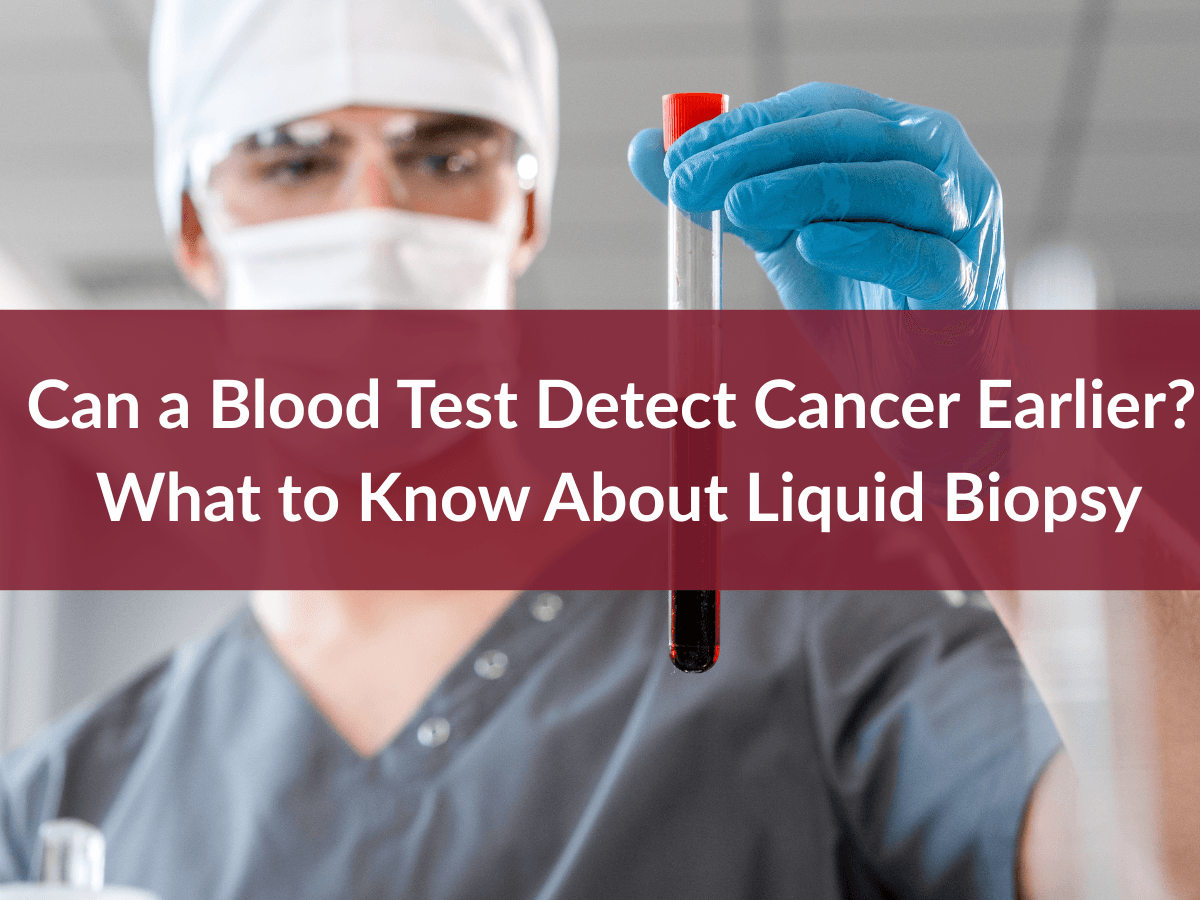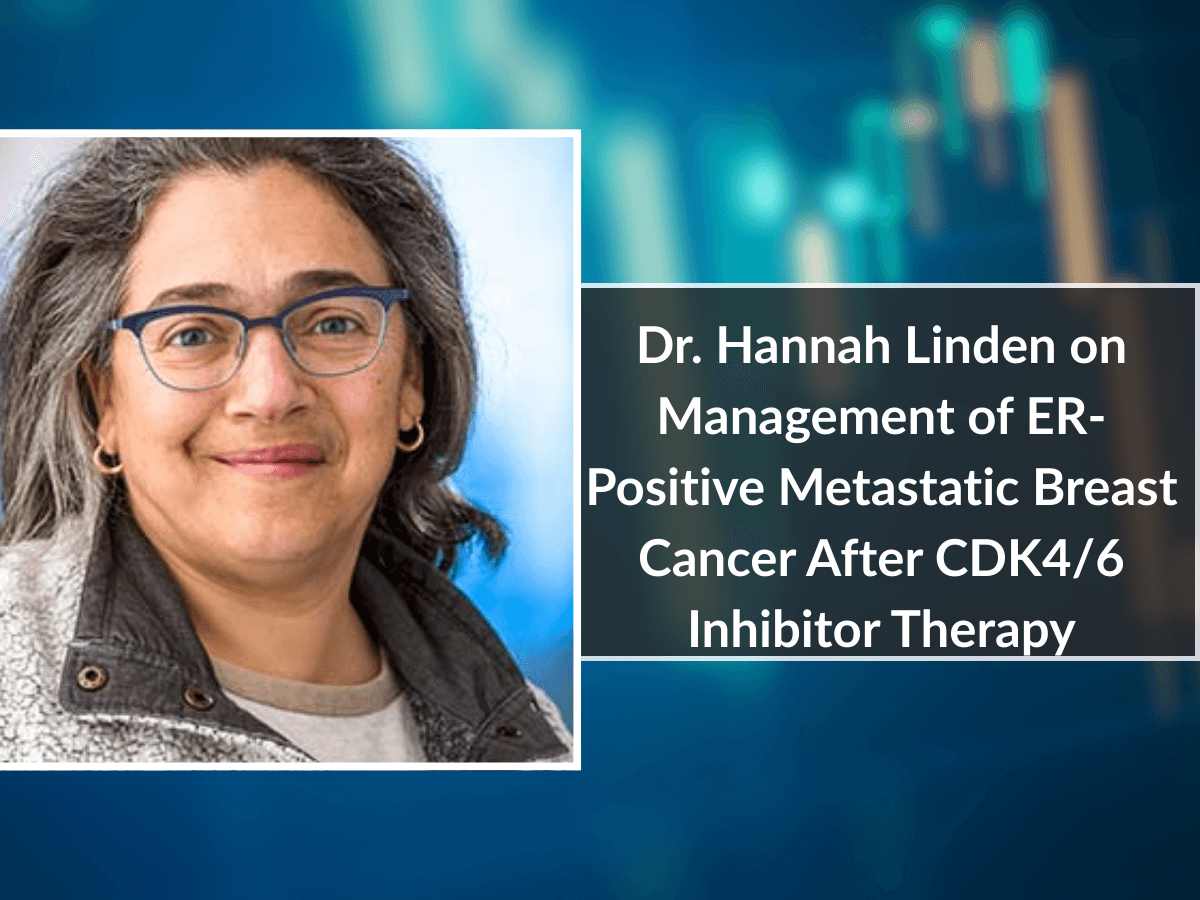
The Cancer News
AN AUTHORITATIVE RESOURCE FOR EVERYTHING ABOUT CANCER
5 Early Signs and Symptoms of Stomach Cancer You Shouldn’t Ignore

Early detection of stomach cancer can dramatically improve outcomes, yet early symptoms often mimic common digestive issues. Understanding the early signs of stomach cancer, key risk factors, and expert insights can help you recognize symptoms sooner and seek timely medical care.
Ever catch yourself wondering if that bellyache or an unusual-looking stool could be something more serious, like stomach cancer? It is easy to worry, especially with so much self-diagnosis information available online. In this article, you will learn what stomach cancer is, gain expert insights, and understand some of the early warning signs and symptoms to watch for.
Expert Insights: Recognizing Stomach Cancer Symptoms and Risk Factors

Dr. Ronan Hsieh, a gastrointestinal medical oncologist at the Swedish Cancer Institute, offers insights into the key symptoms and risk factors associated with stomach cancer.
On Signs/Symptoms of Stomach Cancer:
“Most patients, when they have symptoms, usually just experience belly pain or black stools. Often, they think it’s something minor, like food poisoning. In fact, I have seen patients in their mid-20s with gastric cancer. Their main symptoms were just black stools and belly pain.”
On Risk Factors for Stomach Cancer:
“Things that irritate the stomach can cause inflammation, and chronic inflammation can increase the risk of cancer. While raw food might not directly cause gastric cancer, spicy food, alcohol, and smoking are more closely linked because they irritate the stomach lining.”
Understanding Stomach (Gastric) Cancer
November is Stomach Cancer Awareness Month, dedicated to raising awareness about risk factors, symptoms, and the importance of early detection. Increased understanding can lead to earlier diagnoses and better patient outcomes.
Stomach cancer, also known as gastric cancer, is the fourth leading cause of cancer-related deaths worldwide and the fifth most commonly diagnosed cancer. While the exact cause remains unclear, research has identified several risk factors. These include dietary habits such as high salt or smoked foods, Helicobacter pylori infection, Epstein–Barr virus (EBV) infection, obesity, smoking, exposure to environmental toxins, older age, and even blood type. Some of these factors can be modified through lifestyle changes, while others, like age and genetics, are beyond our control.

Stomach cancer is often diagnosed at an advanced stage because symptoms usually appear late and can easily be mistaken for less serious digestive issues. Persistent indigestion, abdominal pain, unexplained weight loss, or black stools can all be early warning signs. Recognizing these symptoms and seeking timely medical evaluation are critical steps toward early detection and better treatment outcomes.
Early Warning Signs of Stomach Cancer: 5 Symptoms to Watch For
1. Abdominal pain: Abdominal pain is one of the most common presenting symptoms of stomach cancer. It may be persistent, dull, or epigastric in nature and is typically associated with advanced disease rather than early cancer. In early-stage cases, abdominal pain may be mild and classified as dyspepsia (indigestion), often nonspecific and indistinguishable from benign causes. The value of abdominal pain as a predictor of early cancer is limited because it also occurs in up to 40% of the general population with dyspeptic symptoms.
2. Anemia: Anemia, especially iron deficiency anemia (IDA), is frequently associated with stomach cancer. This may result from occult gastrointestinal bleeding from the tumor or poor dietary intake. Patients may present with symptoms and signs of anemia, such as pale skin and fatigue. Studies show a significant association between IDA and gastrointestinal cancers, including stomach cancer, particularly in older adults and men.
3. Fatigue: Fatigue is a common symptom among stomach cancer patients and survivors. It can result from anemia, cancer-related metabolic changes, poor nutrition, and psychological factors. Fatigue is often moderate to severe, especially in those undergoing chemotherapy. Other factors influencing fatigue include inadequate sleep, pain, and depression.
4. Anorexia: Also known as loss of appetite, anorexia may be present as a symptom of stomach cancer, but it is relatively uncommon in early-stage disease. Fewer than half of patients in European studies reported a significant loss of appetite at presentation. In Japanese studies, only a small proportion of early gastric cancer patients experienced anorexia.
5. Black Stools: The passage of black or tarry stools (melena) signals gastrointestinal bleeding, frequently due to ulcerated or invasive gastric tumors. Melena is considered an important alarm symptom and often occurs alongside anemia in advanced or ulcerated cancers.
Most symptoms of stomach cancer are non-specific, and many patients have few or no symptoms in early disease. If you experience persistent abdominal pain, anemia, unexplained fatigue, anorexia, early satiety, black stools, or other concerning symptoms, consult your doctor promptly for evaluation.
Works Discussed
1. Menon G, El-Nakeep S, Babiker HM. Gastric Cancer. [Updated 2024 Oct 28]. In: StatPearls [Internet]. Treasure Island (FL): StatPearls Publishing; 2025 Jan-. Available from: https://www.ncbi.nlm.nih.gov/books/NBK459142/
2. Axon A. (2006). Symptoms and diagnosis of gastric cancer at early curable stage. Best practice & research. Clinical gastroenterology, 20(4), 697–708. https://doi.org/10.1016/j.bpg.2006.03.015
3. Park, J. Y., Georges, D., Alberts, C. J., et al. (2025). Global lifetime estimates of expected and preventable gastric cancers across 185 countries. Nature Medicine, 31, 3020–3027. https://doi.org/10.1038/s41591-025-03793-6





